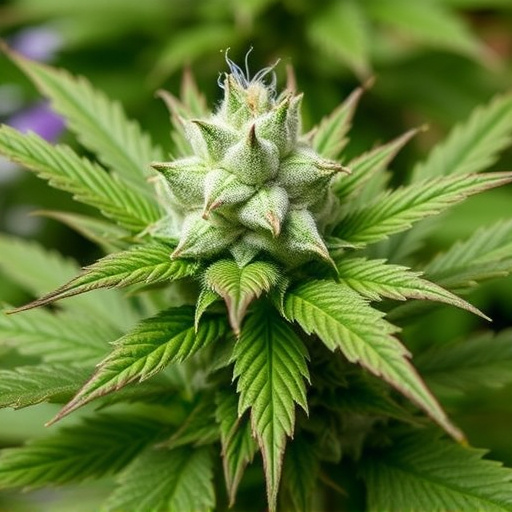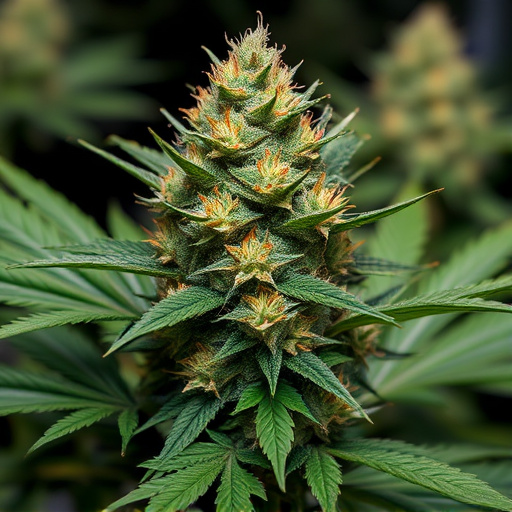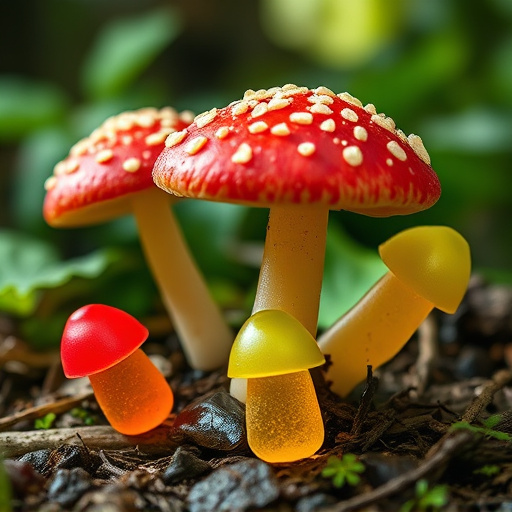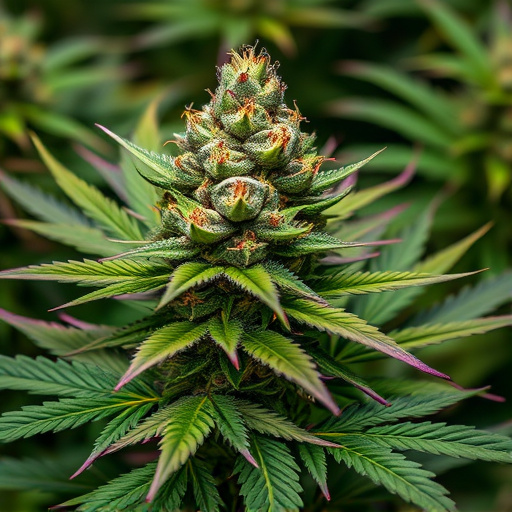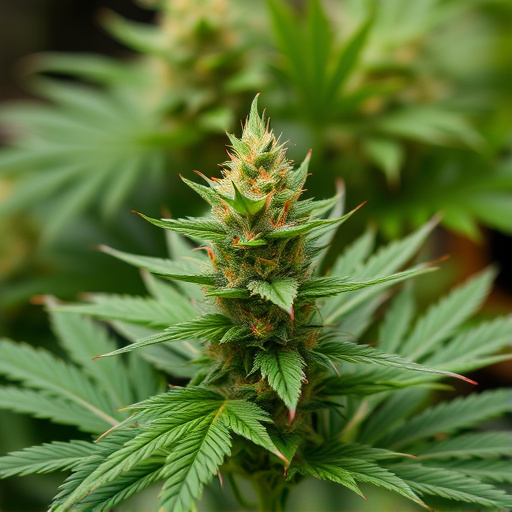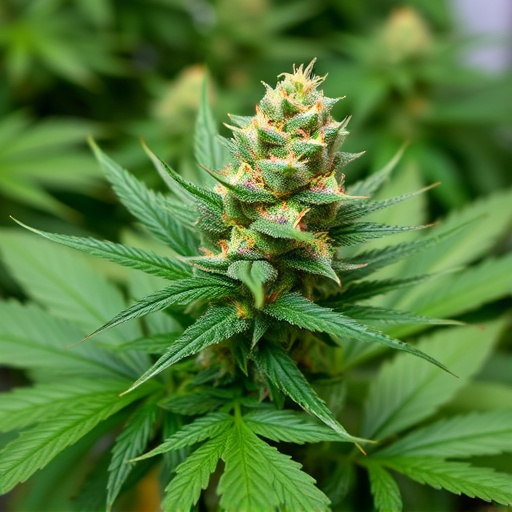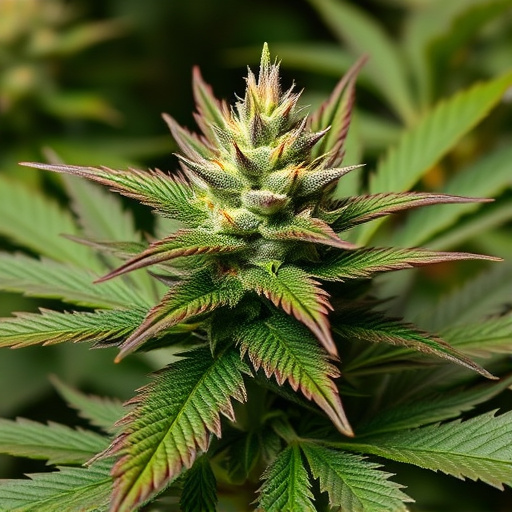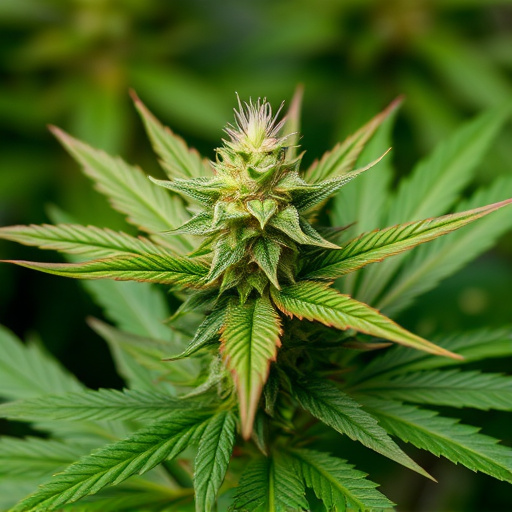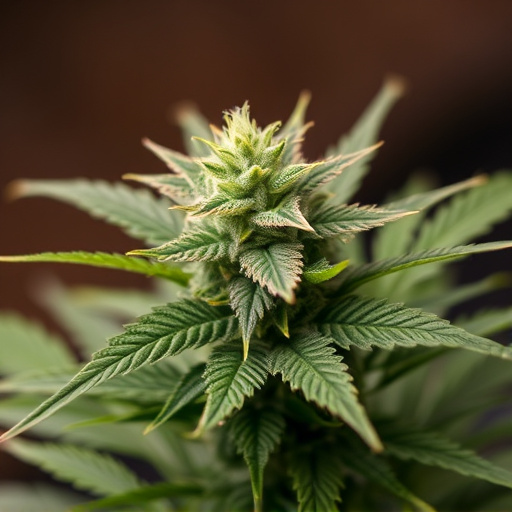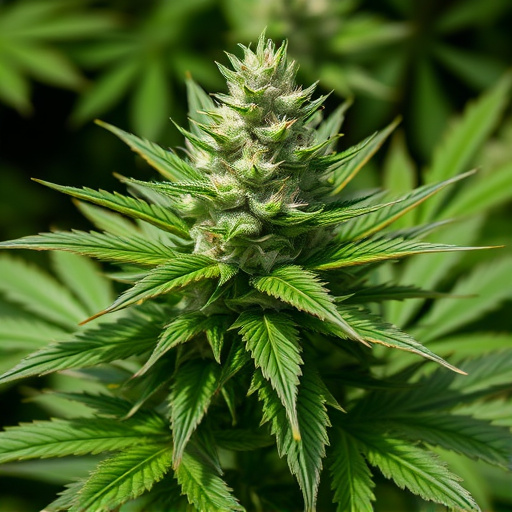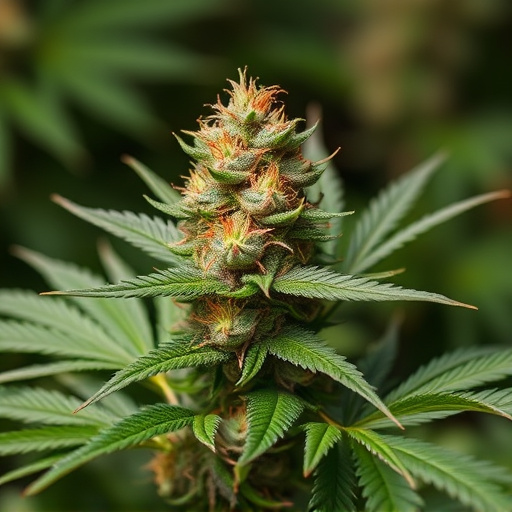High CBD cannabis strains are gaining popularity as a potential appetite regulator due to their interaction with the body's endocannabinoid system (ECS). Unlike THC, which stimulates appetite, CBD indirectly affects ECS receptors to inhibit ghrelin, the hunger hormone. This makes them promising for managing eating disorders or chronic conditions where appetite suppression is needed. However, individual responses vary, emphasizing the importance of consulting healthcare professionals for personalized guidance and safety when using cannabis for therapeutic purposes.
“Unraveling the relationship between THC and hunger hormones reveals a complex interplay with our endocannabinoid system. This article explores how tetrahydrocannabinol (THC) influences appetite, offering insights into its potential effects on eating behaviors. Furthermore, we delve into the role of high CBD cannabis strains as natural regulators of hunger hormones, providing alternative solutions for those seeking appetite control. By understanding these mechanisms, users can navigate cannabis consumption for its potential benefits while considering individual health factors.”
- Understanding THC and Its Impact on the Endocannabinoid System
- The Role of High CBD Cannabis Strains in Regulating Hunger Hormones
- Potential Benefits and Considerations for Users Seeking Appetite Control
Understanding THC and Its Impact on the Endocannabinoid System
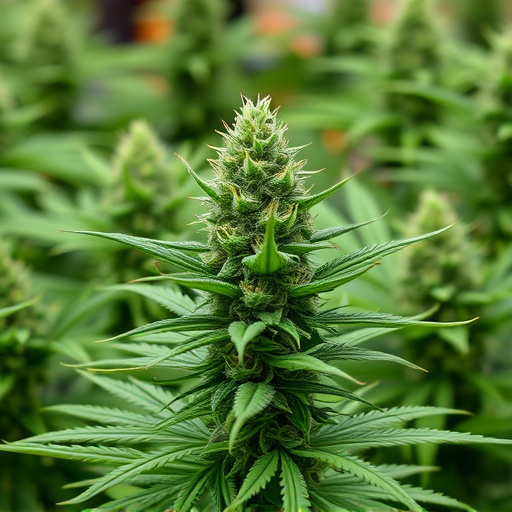
THC, or tetrahydrocannabinol, is the primary psychoactive compound found in cannabis plants. It interacts with the body’s endocannabinoid system (ECS), a complex network of receptors and enzymes that regulate various physiological processes, including appetite and metabolism. When THC binds to ECS receptors, particularly CB1 receptors in the brain and CB2 receptors in the immune system, it triggers a cascade of effects throughout the body.
High CBD cannabis strains, known for their low THC content or complete absence of it, can still influence the ECS indirectly. While CBD doesn’t bind directly to CB1 or CB2 receptors like THC does, it has been shown to modulate the activity of these receptors by interacting with other compounds within the ECS. This interaction may contribute to potential appetite-regulating effects often associated with cannabis use, suggesting a more nuanced understanding of how THC and CBD together—or separately—impact hunger hormones.
The Role of High CBD Cannabis Strains in Regulating Hunger Hormones
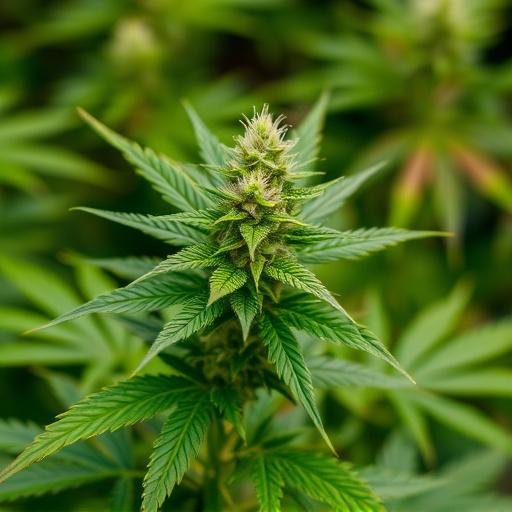
High CBD cannabis strains have gained significant attention for their potential therapeutic benefits, and one area of interest is their effect on hunger hormones. Unlike THC (tetrahydrocannabinol), which is known to stimulate appetite, CBD (cannabidiol) has been shown to possess unique properties that can regulate hunger signals in the body. Research suggests that CBD interacts with various receptors involved in regulating hunger, such as CB1 and CB2 receptors, potentially inhibiting the effects of hormones like ghrelin, often referred to as the “hunger hormone.”
These high CBD strains offer a promising alternative for individuals looking to manage their appetite without invoking the intense psychoactive effects of THC. By targeting specific pathways related to hunger, CBD can help balance hormonal levels, leading to a more regulated feeling of satiety. This is particularly beneficial for those with conditions like anorexia or certain types of cancer, where appetite suppression is a significant concern.
Potential Benefits and Considerations for Users Seeking Appetite Control
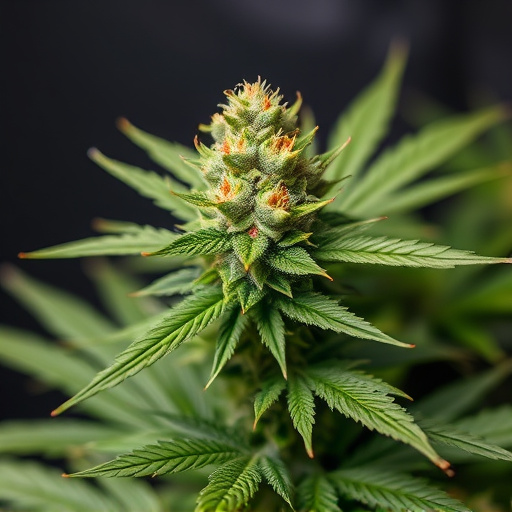
For users looking to manage their appetite, THC and its effects on hunger hormones can be a double-edged sword. While it’s known for stimulating appetite, research suggests that high CBD cannabis strains may offer an alternative approach. The non-psychoactive component of cannabis, CBD, has been linked to a potential decrease in appetite, making it an attractive option for those aiming to control overeating or weight gain. This effect could be beneficial for individuals facing eating disorders, certain chronic conditions leading to loss of appetite, or simply for health-conscious folks seeking a more natural way to manage their cravings.
However, it’s crucial to approach this with caution. The impact of cannabis on appetite varies from person to person and is influenced by factors like strain potency, consumption method, and individual biology. Users should consider exploring high CBD strains as a potential aid in appetite regulation, but consulting healthcare professionals is essential for personalized guidance and ensuring safety, especially when combining cannabis with other medications or treatments.
In conclusion, THC’s influence on hunger hormones is a complex topic that highlights the intricate relationship between the endocannabinoid system and appetite regulation. While further research is needed, understanding these effects offers valuable insights, especially for those seeking appetite control. High CBD cannabis strains have shown promise in this regard, providing an alternative approach to managing hunger. By harnessing the power of nature’s compounds, individuals can explore potential benefits while considering their overall health and well-being.

